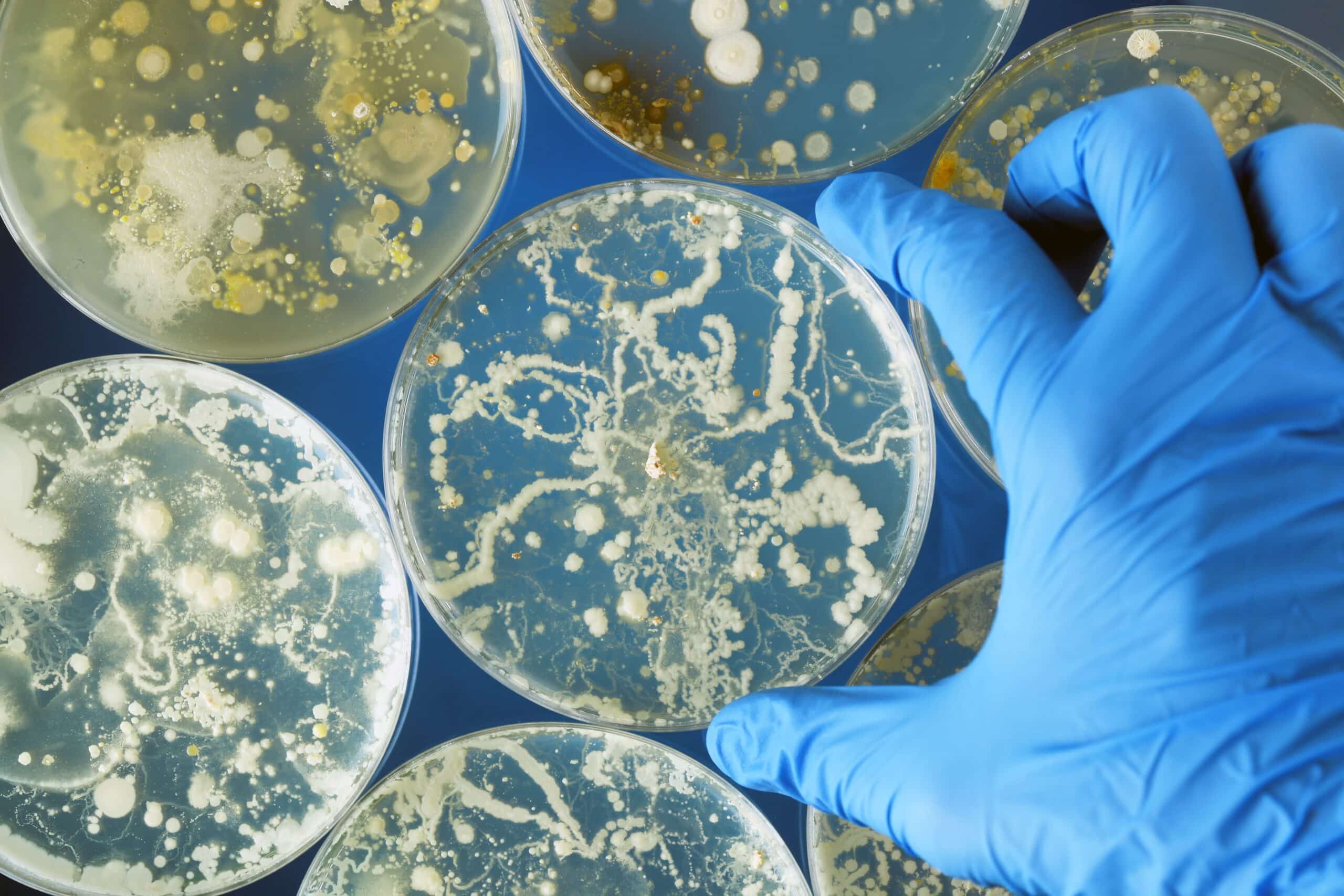Swansea University Medical School based scientists analyzing soil from Ireland believed to contain medicinal properties have discovered it to contain a strain of bacteria effective against antibiotic resistant superbugs. The new strain has been called Streptomyces sp. Myrophorea. The soil originated from the Boho Highlands which is an area of Fermanagh in Northern Ireland previously occupied by the Druids; the area consists of alkaline grasslands and the soil is reputed to have healing properties according to traditional folk medicines.
Main findings of the newly identified strain include: Inhibited growth of 4/6 top multi-resistant pathogens VRE, MRSA, Klebsiella pneumonia, and Carbenepenem-resistant Acinetobacter baumanii; and inhibited gram positive and gram negative bacteria, although it is not clear which component of the strain prevents growth of pathogens which is being investigated further.
This is an important step forward in the fight against antibiotic resistance, discovery will assist searches for new drugs. According to the team additional antibacterial organisms were found in the same soil which may cover broader spectrums of multi-resistant pathogens. The team is now focussed on purification and identification of these antibiotics.
The team suggest that their findings demonstrate that folklore and traditional medicines are worth investigating, and that part of the answers to modern problems may be found in the wisdom of the past. Interestingly enough in traditional medicines this soil was wrapped in cotton cloth and used to heal many ailments, toothache, and throat/neck infections.




